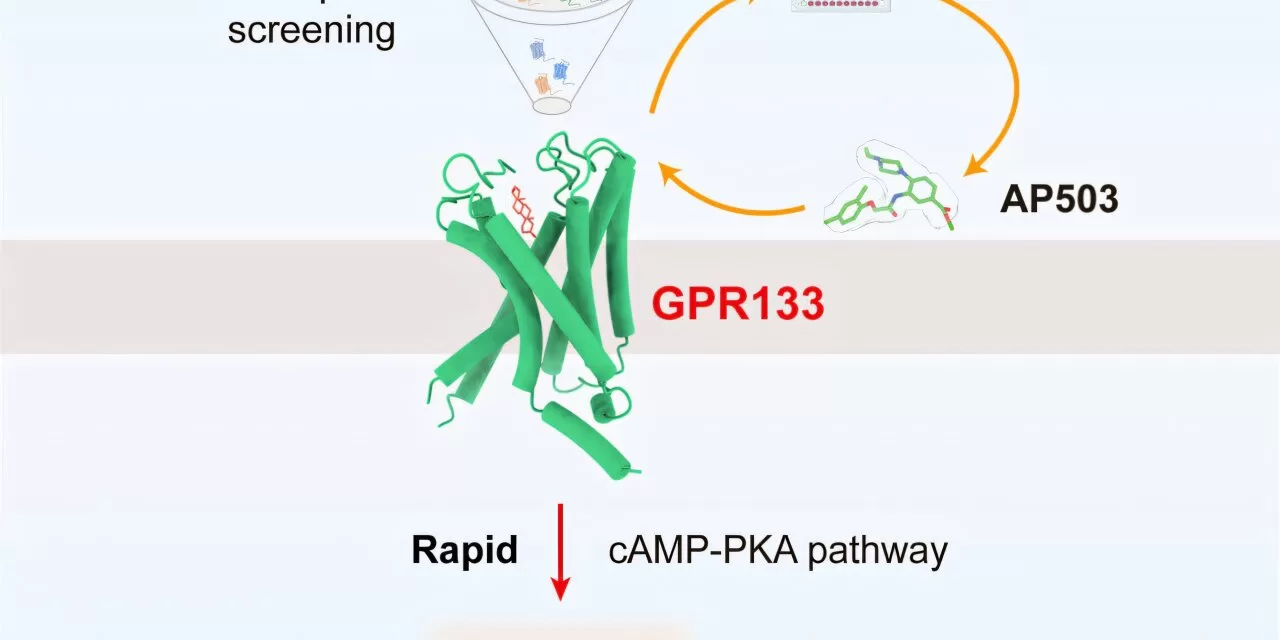In a groundbreaking study, researchers have uncovered a new mechanism involving a male sex hormone that plays a crucial role in muscle and bone function. This discovery could pave the way for the development of muscle-strengthening drugs with fewer side effects, benefiting individuals such as immobile patients. The findings have been published in the prestigious journal Cell.
Understanding Androgens and Their Role
Androgens are a group of hormones responsible for the development of male sexual characteristics, with 5α-dihydrotestosterone (5α-DHT) being the most potent. Beyond its role in puberty, 5α-DHT is essential for increasing bone mineral density and promoting skeletal muscle growth, leading to enhanced muscle strength.
A New Mechanism Unveiled
An international team of scientists has now demonstrated that the adhesion G protein-coupled receptor GPR133 is activated by 5α-DHT.
“This activation can, among other things, increase the contractile force of skeletal muscles, and our study also uses a newly developed, potent activator of this receptor to specifically trigger this effect,” explained Professor Ines Liebscher, Professor of Signal Transduction at Leipzig University and co-leader of the study.
Potential for Safer Muscle-Strengthening Drugs
A key finding of the research is the ability of a novel agonist, AP503, to activate GPR133 and increase muscle strength without causing the adverse effects typically associated with androgen use. One of the significant risks of prolonged androgen exposure is its potential to promote prostate cancer, as seen in mouse models. However, AP503 has not shown this negative effect so far.
Structural biology methods were used to examine the molecular interactions between the steroid hormone, AP503, and GPR133, providing insights that could help refine and optimize the activator into a new therapeutic agent. If successful, this research could lead to the development of drugs that enhance muscle strength while minimizing harmful side effects.
Ongoing Research and Future Prospects
This study is the result of a long-standing collaboration between the Rudolf Schönheimer Institute of Biochemistry and Professor Jin-Peng Sun’s research team at Shandong University in China. The researchers are currently conducting follow-up studies to further explore the role of GPR133 in various biological processes and the potential applications of AP503 in treating muscle-related conditions.
However, it is important to note that these findings are based on animal models, and further studies are required to determine their applicability in humans.
Disclaimer: This article is based on scientific research and should not be taken as medical advice. The findings are still in the experimental stage, and further studies are needed to confirm their effectiveness and safety in human applications.











